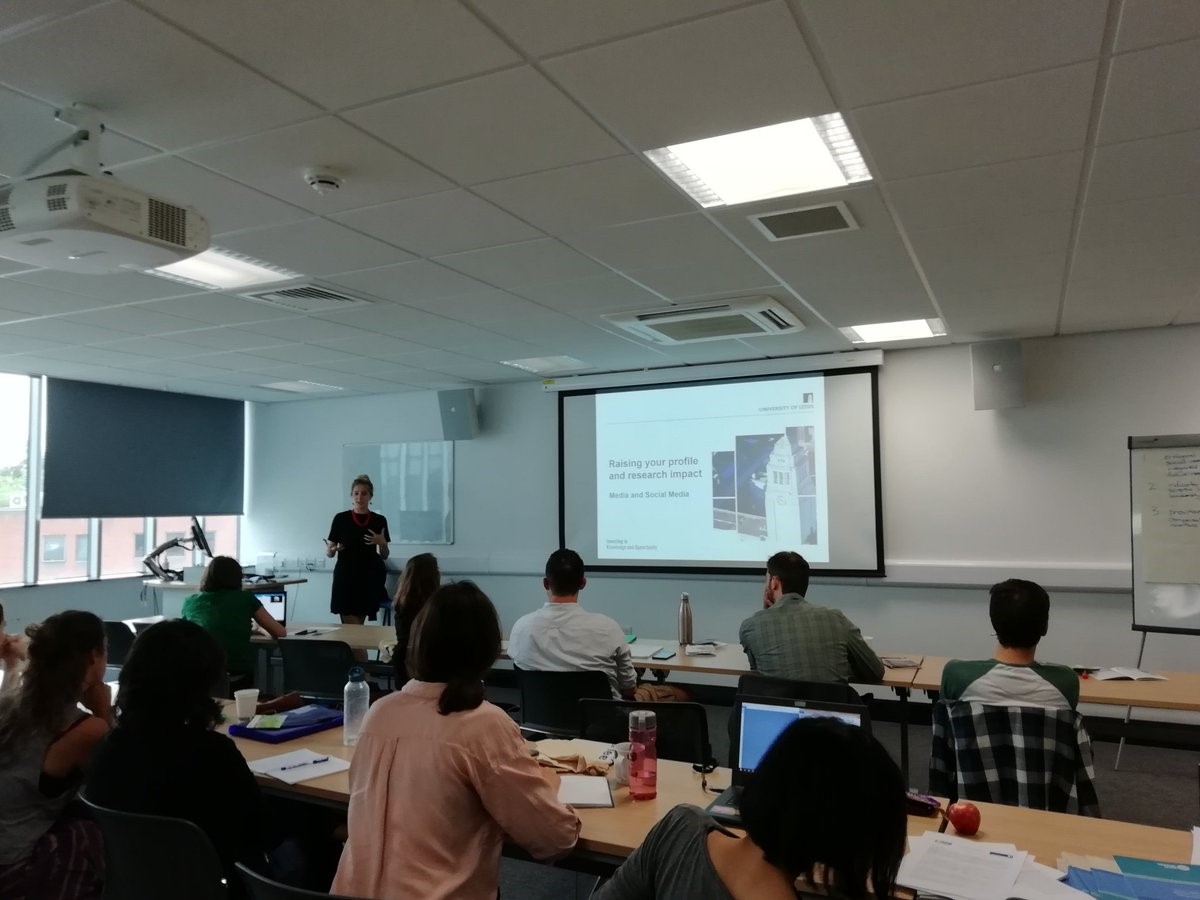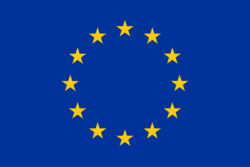Training

Training Program
EUROFLOW offers a comprehensive advanced training program with components designed around three elements.
- Scientific theory and methods
To ensure the Early Stage Researchers (ESRs) develop the skills needed to complete a novel research project successfully. For example, IHE’s online e-flows course will ensure all ESRs have a common foundation in all aspects of e-flow science and management. Other courses will incorporate existing core elements of the UNIVLEEDS MSc River Basin Dynamics and Management course which is accredited by the Chartered Institute of Water & Environmental Management (CIWEM). Courses cover river hydrology, geomorphology, ecology and business/management/policy interfaces. UNITN led courses on physical habitat assessment methods will be refined and offered to ESRs. New bespoke courses will be created to develop ESR's fundamental knowledge of experimental design, the most up-to-date statistical analysis and numerical modelling methods, and there will be hands-on demonstrations of state-of-the-art technologies in datalogging, smart tracers and remote sensing. - Collaborative working
EUROFLOW will function as a large collaborative research project, and therefore training will incorporate a series of tailored components to nurture the skills and ethics required for effective and productive generation of scientific research. - Transferable skills strand
ESRs will gain with the ability to create impact from their research and to develop themselves as future project managers/leaders. Each strand is designed so that ESRs follow a learning cycle starting with existing background knowledge and student-led consolidation of existing experiences, concepts and needs. Then, ESRs will plan their own strategies for personal improvement. Subsequently, this training will be put into practice to ensure they have concrete experiences from which they can draw on in their future careers. Where capacity permits we will offer advanced training to other PhD students hosted by the beneficiaries, to maximise training benefits amongst other river researchers and to expose EUROFLOW students to other research topics that may complement their work.
Early Stage Researchers
Euro-FLOW offers Early Stage Researchers (ESRs) the opportunity to gain PhDs from leading European institutes, and be equipped with skills to address the practical application of river flow management across a range of sectors. In the course of the training you will have the opportunity to meet world-experts in the field of water resources management and rapidly build a network of high-profile contacts. You will be exposed to a wide range of knowledge and technical skills that are highly desired by employers. ESRs will be placed at the forefront of the scientific field, significantly enhancing competitiveness in the careers market compared with PhD students who are trained ‘traditionally’ in a single institute and with only limited interaction with experts/end-users.
EUROFLOW will equip ESRs with skills and knowledge relevant to:
- River Basin Management Plans relevant to the Water Framework Directive.
- The integration/harmonisation of EU directives such as the Renewable Energy Directive and Habitats Directive with WFD and related directives (Floods, Groundwater).
- Methodological/analytical skills (ecology, water quality, geomorphology, hydrology, socio-economics) relevant to academic, consultancy and/or regulatory sector science careers
- Water/hydropower companies trading off water provision against environmental requirements.
- Engagement with professional water managers providing opportunities for inter-sector mobility.
Main events and conferences
-
Trento Summer School
May 2018 - University of Trento, Italy
-
Leeds summer school
July 2018 - University of Leeds, UK
-
Facilitated workshop 1
May 2019- Helmholtz Centre for Environmental Research, Germany
-
Zernez summer school
May 2018- Swiss Federal Institute of Aquatic Science and Technology, Switzerland
-
Facilitated workshop 2
University of Cantabria, Spain
-
EUROFLOW conference/special session
Centre for Ecology & Hydrology, UK


